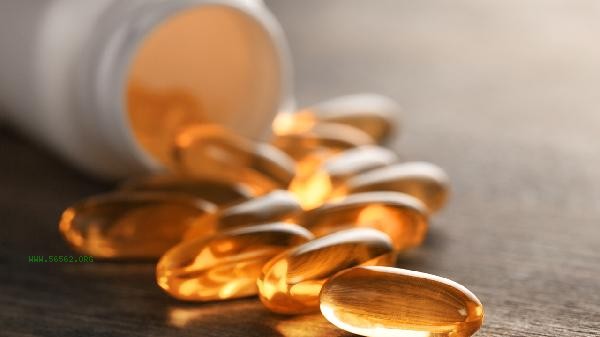Vitamin C helps to enhance immunity and promote collagen synthesis, and the optimal supplementation time is half an hour to an hour after a meal. The main functions of vitamin C include antioxidant, improving iron absorption, assisting wound healing, preventing scurvy, and alleviating cold symptoms.

1. Antioxidant
Vitamin C is a potent antioxidant that can neutralize free radicals in the body and reduce oxidative stress damage to cells. Long term moderate supplementation can delay skin aging and reduce the risk of chronic inflammation. This is particularly important for people who smoke for a long time, stay up late, or are in a polluted environment.
2. Improving iron absorption
Vitamin C can reduce trivalent iron to more easily absorbed divalent iron, significantly increasing the utilization rate of iron in plant-based foods. It is recommended that anemic patients or vegetarians pair non heme iron rich foods such as spinach and beans with citrus fruits rich in vitamin C.
3. Assist in wound healing
As an essential cofactor for collagen synthesis, vitamin C can accelerate wound tissue repair. Proper supplementation for postoperative patients or individuals with skin ulcers can promote granulation tissue formation. However, it is important to avoid excessive intake that can interfere with copper metabolism.

4. Prevention of scurvy
Vitamin C deficiency can lead to collagen synthesis disorders, causing symptoms of scurvy such as gum bleeding and subcutaneous bruising. Seafarers and those who have been lacking in fresh fruits and vegetables for a long time need to supplement regularly, with 100 milligrams per day sufficient to meet basic needs.
5. Relieve Cold Symptoms
Although it cannot directly prevent colds, vitamin C can shorten the course of the cold and alleviate symptoms such as nasal congestion and sore throat. High dose supplementation may have some effect in the early stages of a cold, but maintaining an appropriate dosage on a daily basis is more important.

It is recommended to obtain vitamin C through natural foods such as broccoli, kiwifruit, strawberries, etc., with a daily intake controlled at 200-400 milligrams. Fasting supplementation may cause gastrointestinal discomfort, but taking it after meals can increase absorption rate. Special populations such as kidney stone patients and carriers of hemochromatosis genes need to carefully control their intake. Long term high-dose consumption may lead to diarrhea or urinary system stones. If it exceeds 1000 milligrams per day, it should be done under the guidance of a doctor. Pay attention to the interaction between vitamin C and anticoagulant drugs, aluminum preparations, and other medications.



Comments (0)
Leave a Comment
No comments yet
Be the first to share your thoughts!